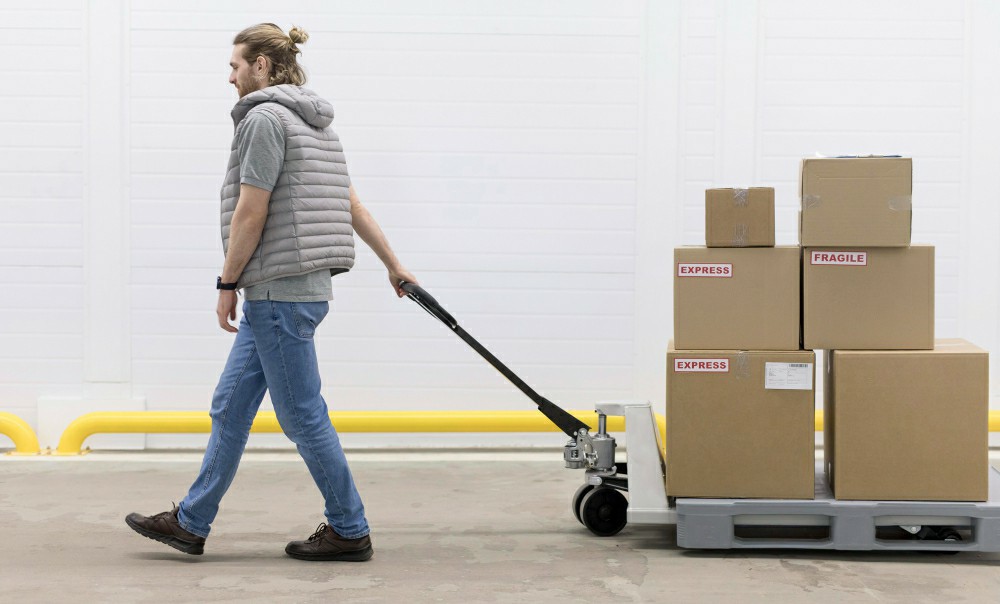


 349,500 Offered Certificates
349,500 Offered Certificates
 24/7 Online Training
24/7 Online Training
 Money Back Guarantee
Money Back Guarantee
 Fully Accredited Courses
Fully Accredited Courses

Created at: 11-11-2024 23:58
In the rapidly evolving landscape of healthcare, ensuring the safety of both staff and patients is paramount. One significant area that requires attention is manual handling industrial, especially for professionals such as nurses and healthcare workers who frequently engage in lifting and moving patients or equipment.
Manual handling refers to the process of lifting, carrying, pushing, pulling, or otherwise moving something by hand or bodily force. It is an essential component of various roles, particularly in the industrial sector. For healthcare workers, improper manual handling practices can result in severe injuries, affecting their physical well-being and their ability to provide care.
Implementing a robust manual handling industrial training program presents numerous benefits:
When looking for a manual handling industrial course, several factors should be considered:
With the advent of technology, many organizations are opting for manual handling industrial online courses. Here are the pros and cons:
In conclusion, certified manual handling industrial training is not just a regulatory requirement but a critical component of ensuring patient and employee safety in healthcare settings. Emphasizing the need for proper manual handling practices will lead to a safer workplace and better patient outcomes.
For more information about training options available in Ireland, including Certified Manual Handling Industrial Training and to discuss specific requirements for your team, reach out to us at [email protected].